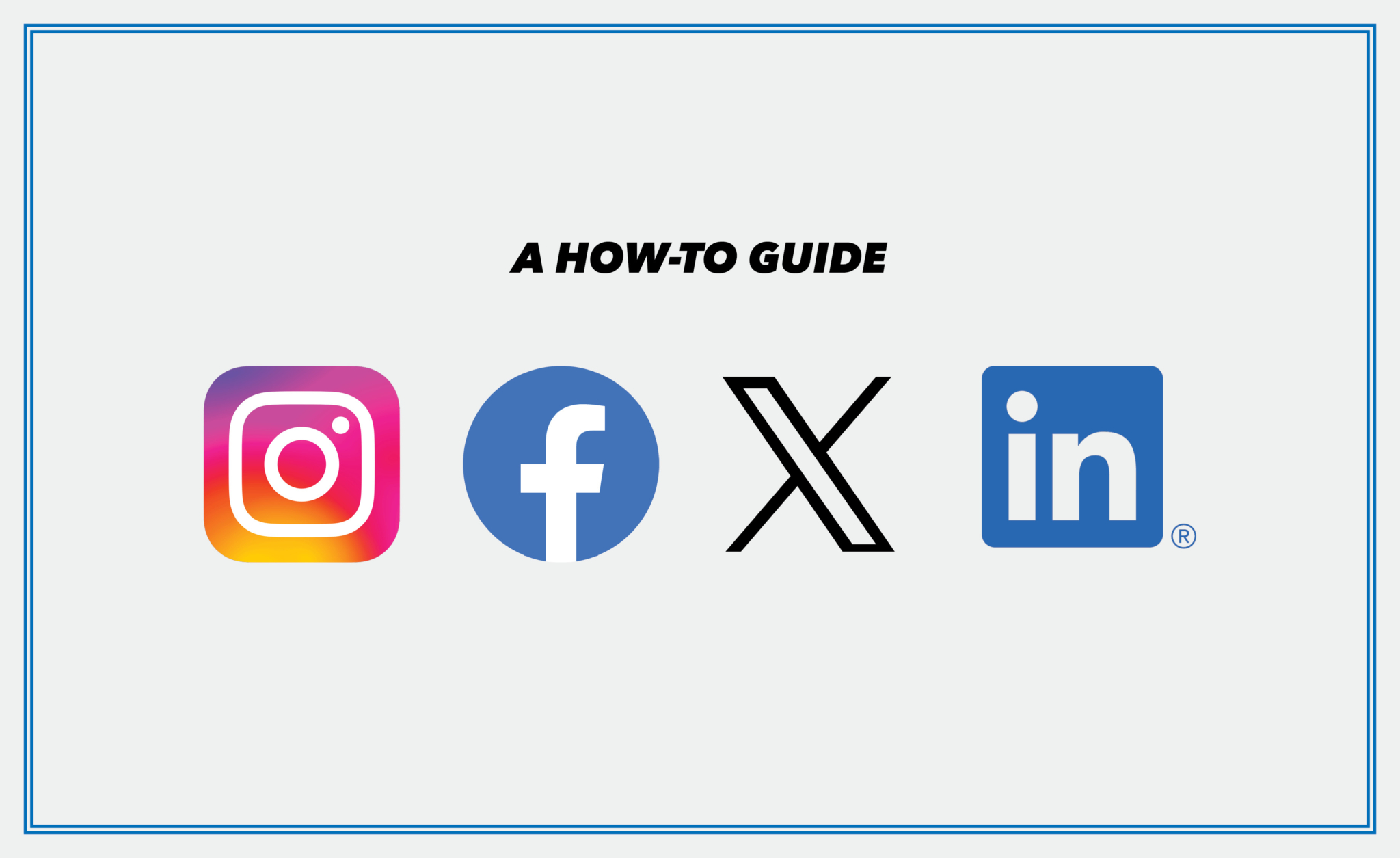Social media: two broad words that spark excitement for some agents — and dread for others. Whether you like it or not, social media is how industry pros communicate these days. More importantly, though, it’s how clients check out potential representation.
In our recent Truth About Agents survey, 64% of local readers said they utilized social media to generate leads without spending a dime. For them, it’s part of building brand awareness. However, another 60% of readers said they want to make better use of social media in the coming year.
To them, we say: You don’t need to be an influencer. You don’t need to post selfie vids or hot takes. However, every working agent should manage some type of social media presence, if only to demonstrate you’re still in business.
“It’s about being searchable,” says Liam Roth, Agent Publishing’s own social media manager. “A simple account, on every platform, with your name, company name, photo and contact info goes a long way.” And, as Roth points out, “It’s free to do!”
While some agents may operate on a team that handles general posting, individuals should keep up with the basics, even if that means updating their personal profiles. Here are those basics:
Simply put: Instagram is where it’s at. The fastest-growing social media platform, it’s for sharing high-quality images and short videos of properties. Since it’s a visually driven platform, it’s perfect for posting appealing photos and behind-the-scenes content, as well as sale success stories.
Instagram Stories and Reels, meanwhile, are tools on the app that can provide engaging updates about properties through short, informative videos or shared infographics.
However, for those less interested in getting technical online, it’s not 100% necessary to keep a separate professional Instagram so long as your personal account is public — and clean. That means you are searchable, tag-able and at least semiprofessional in what you post. The same is true of Facebook.
Facebook, the classic platform, is versatile and user-friendly, allowing agents to share diverse types of content: mainly text, photos, videos and links. And while building up your personal page is helpful, creating a business page will do more to spur interaction with followers, as you can post property listings, share market updates and even host virtual open houses.
Joining local community groups and real estate forums on Facebook also facilitates networking with potential clients and other agents. Though Facebook has waned somewhat in popularity over the years, community groups remain active and are an excellent way to keep in touch with your peers.
LinkedIn is essential for professional networking. On the platform, users highlight industry insights, market trends, personnel changes and professional accomplishments. Personal updates are rarely included, so it’s a great channel to narrow focus on your business.
While most clients may not scope out your LinkedIn, connecting with other real estate professionals is still valuable. Like on Facebook, you can join industry groups and participate in group discussions, which increases overall visibility and credibility.
Twitter X
Under new ownership, Twitter, now officially called X, has lost its former air of professionalism, becoming more a space for Realtors to offer their thoughts — and memes — as opposed to networking opportunities. That can be fun for agents who like to stay online, but it’s a low priority for those simply aiming to broadcast their brand.
Posting across multiple platforms (at once!)
For those looking to share single updates across multiple platforms fast, there are websites that connect multiple social media accounts to a single dashboard. AgoraPulse, Sprout Social, Buffer and Hootsuite are some options.
On those, you can plan your content in advance, crafting a cross-platform calendar to ensure consistent and timely posting. “That’s what’s crucial,” says Roth. “Regular, frequent posting helps you stay relevant in the digital landscape.”
Roth himself uses AgoraPulse, which supports various types of content and provides detailed analytics so users can measure the performance of their social media campaigns. The site auto-generates reports on metrics like engagement, reach and follower growth, all of which help to make data-driven decisions.
Using these sources, you don’t necessarily need a social media manager — or even an intern or assistant — to preserve the social media basics. Lean on your brand pages and just start posting! Remember that the goal is staying top of mind across your personal and professional spheres.
